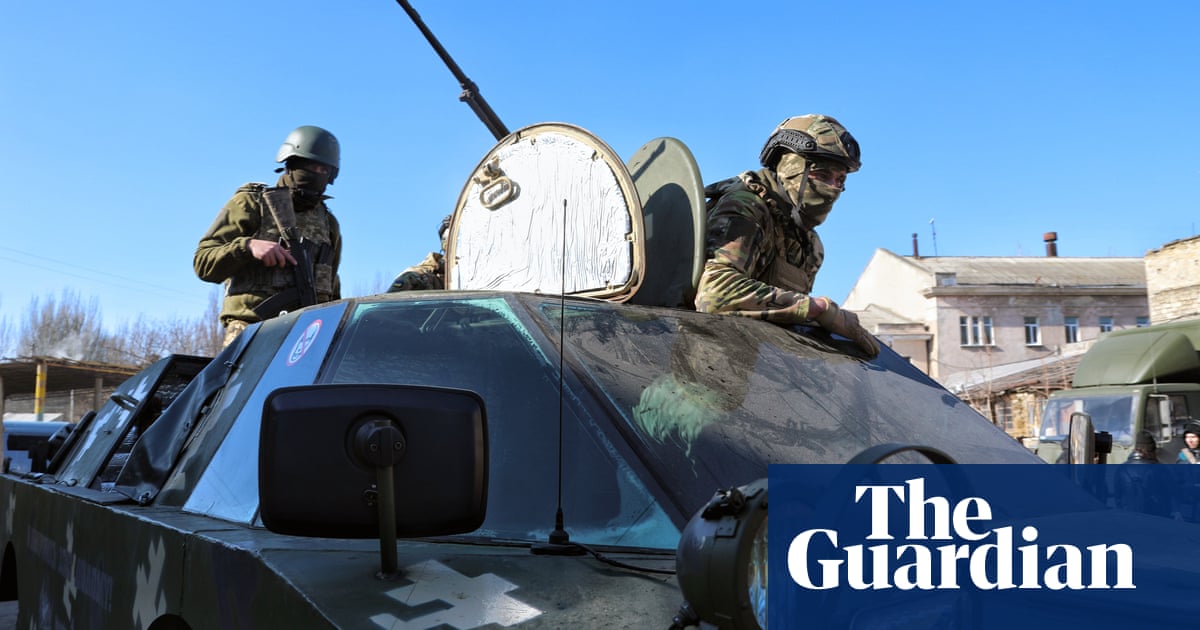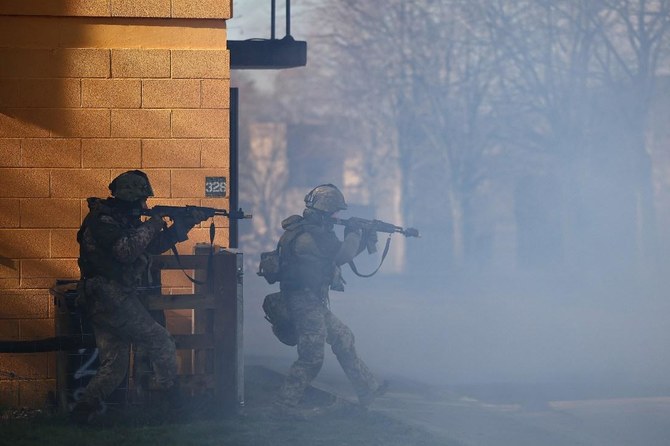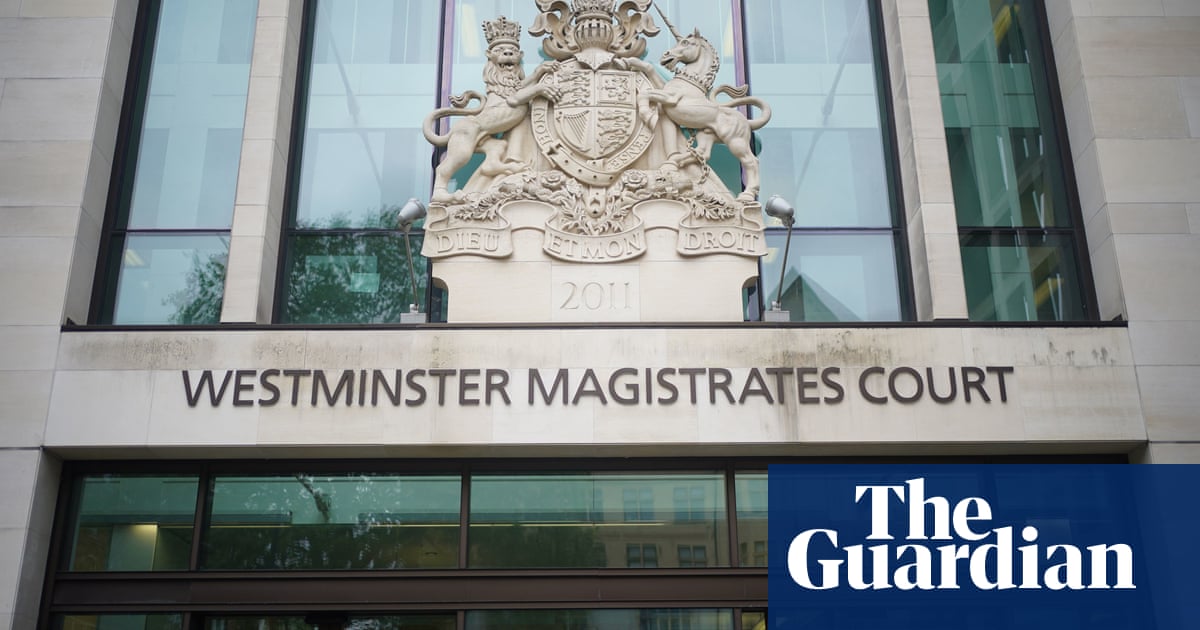
A former deacon in the Ukrainian port city of Odesa has been detained on allegations that he took bribes to help men evade conscription by disguising them as church missionaries so they could leave the country.
The Ukrainian Security Service (SBU) said last week that the former deacon belonged to the Ukrainian Orthodox church, one of two main branches of Orthodoxy in the country and until recently linked to the Moscow patriarchy. Investigators say the former deacon – who has not been named – successfully facilitated the escape of at least six individuals to several EU countries.
“The suspect had compiled lists of missionaries who were intended to travel abroad on behalf of the diocese’s leader and the religious community, with the aim of becoming priests,” the SBU said.
The deacon allegedly pocketed about $4,500 (£3,600) in bribes to certify that the departure of the men from the country was necessary for the diocese’s work in Europe. The SBU has seized the former deacon’s computers, mobile phones, sim cards and a sum of US dollars in cash. If convicted, he could face up to nine years in prison.
It is the latest in a series of corruption scandals over draft evasion in Ukraine. Last month, the Ukrainian president, Volodymyr Zelenskiy, fired every regional recruitment head in the country, citing endemic corruption in the apparatus.
In a further development last week, the Prosecutor General’s Office in Odesa revealed that the leadership of a regional police force had been assisting dozens of men in evading conscription.
As a result, the head of the military medical commission and two secretaries are under investigation for allegedly falsifying dozens of medical certificates to demonstrate the individuals’ unfitness for military service. Each certificate reportedly cost between $7,000 and $10,000.
During the first months of the war, as hundreds of thousands of Ukrainians signed up for volunteer battalions and to help the army in other ways, there was no great need to enforce mobilisation rules. Eighteen months into the war, with tens of thousands of casualties and many troops at the front weary and in need of rotation, the army has increasingly turned to mobilisation, often handing out call-up papers on the street.
Male Ukrainian nationals of conscription age are allowed to cross the border only if they are financially supporting three or more children under the age of 18, are single fathers of children under 18, or have children or are guardians of children with disabilities.
In many cities, Telegram channels offer people keen to avoid the draft information on where conscription officers have been spotted that day; several videos have gone viral of officers bundling men into vans. Many business owners report men unwilling to come to work, scared they could be conscripted if they leave the house.
For those with money, there have been plenty of opportunities to buy their way out of mobilisation, usually by purchasing a doctored medical certificate that provides an exemption from military service and allows them to leave the country. The price has ranged from a few hundred dollars at the beginning of the war to about $5,000 in Odesa, several people have told the Guardian.












